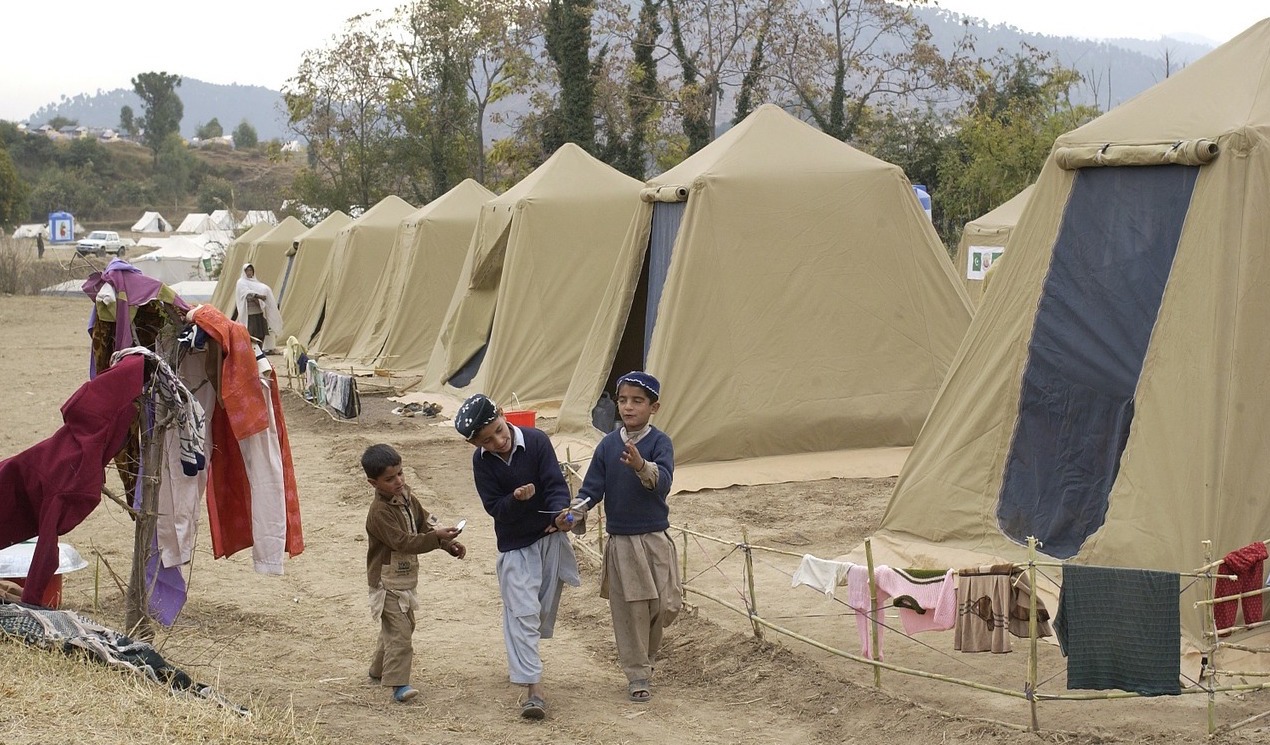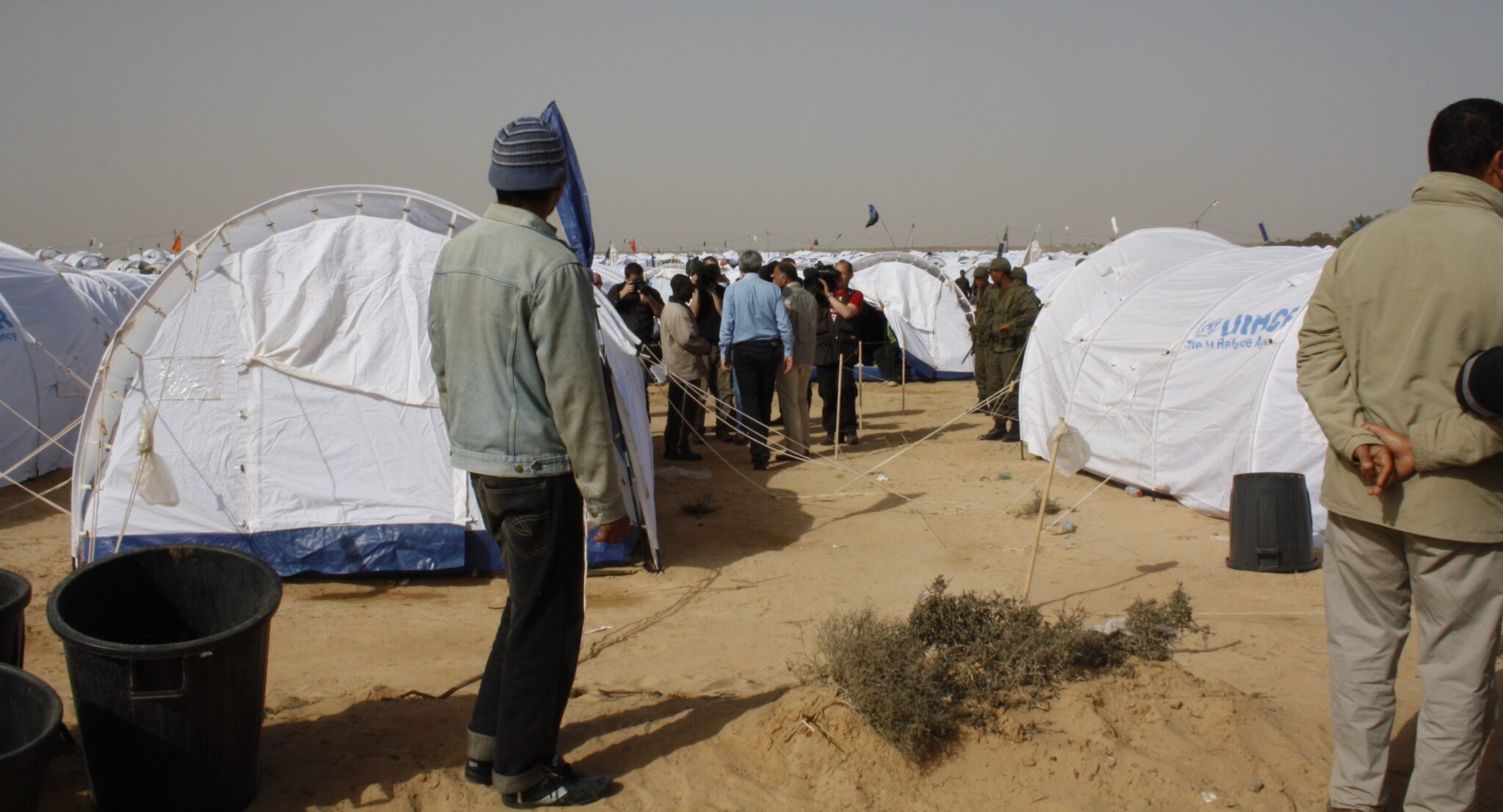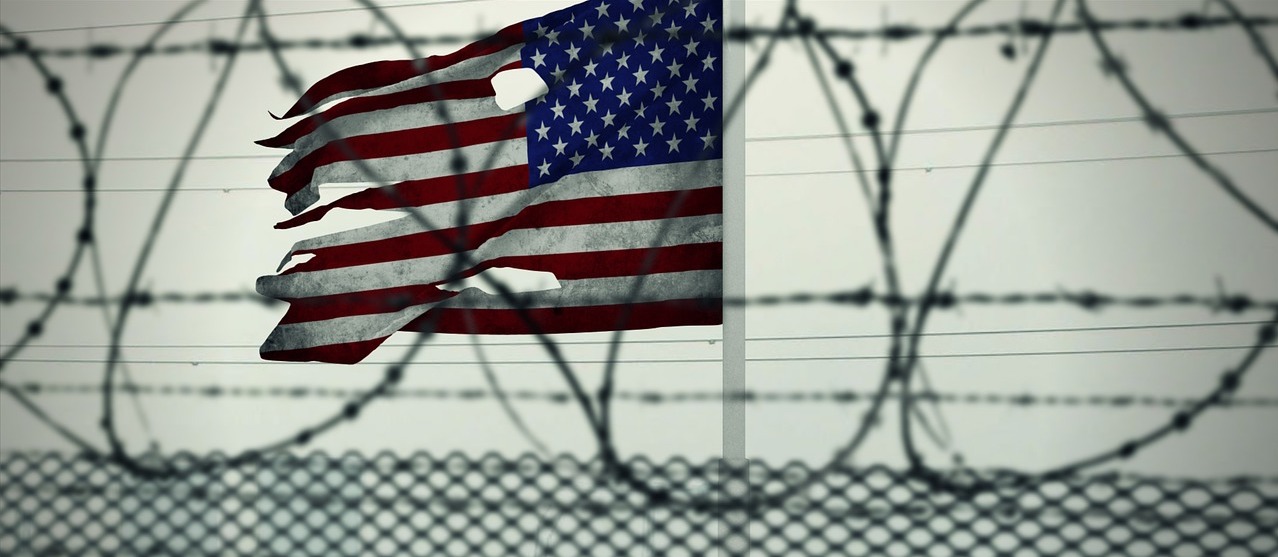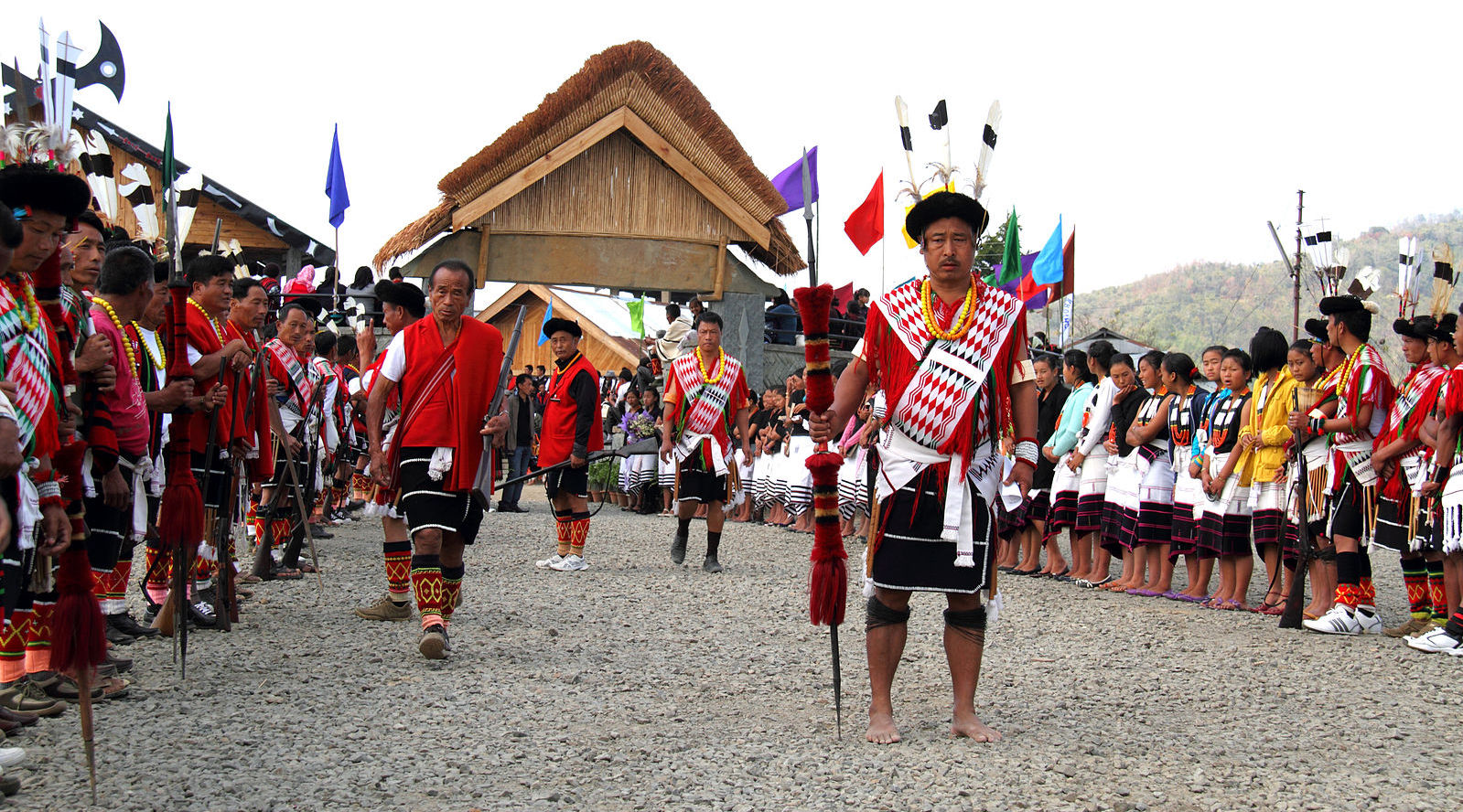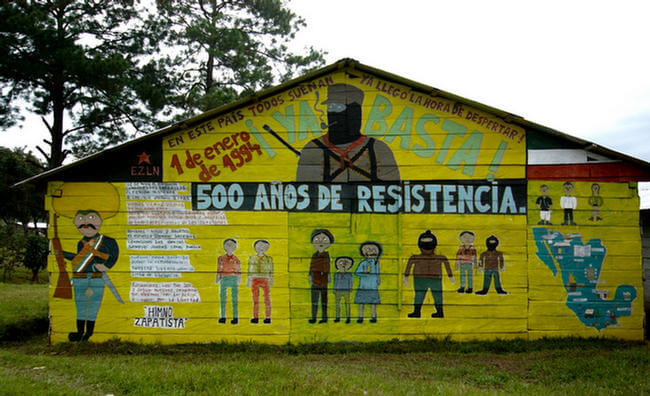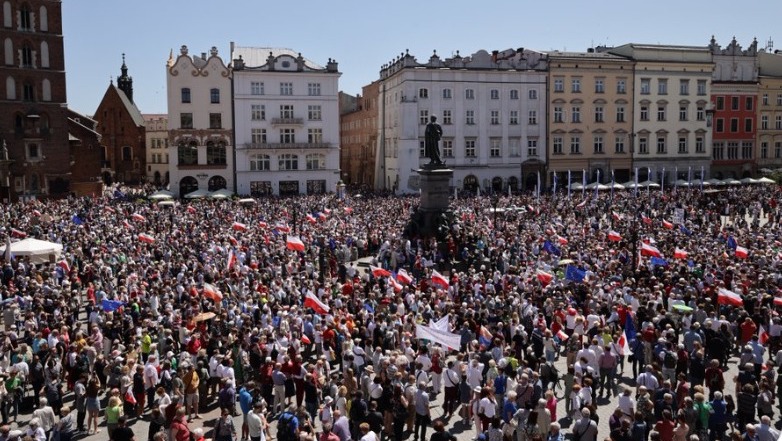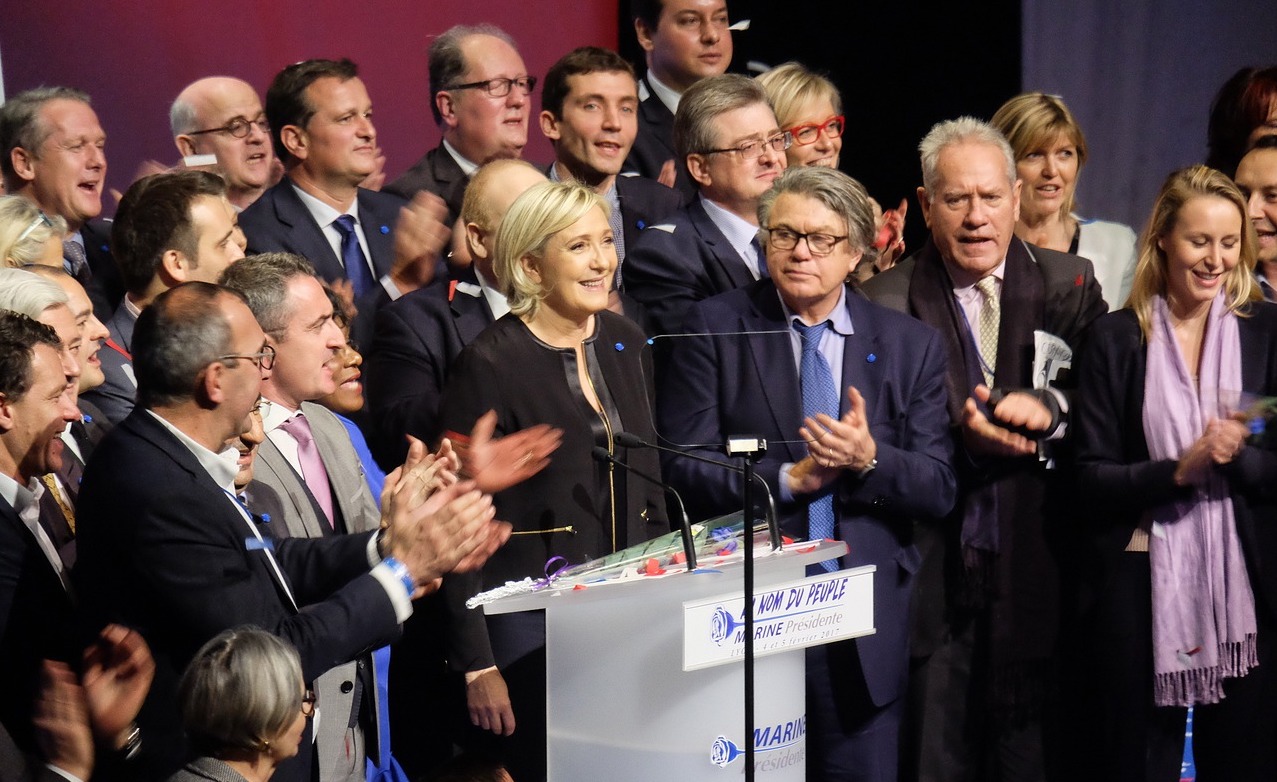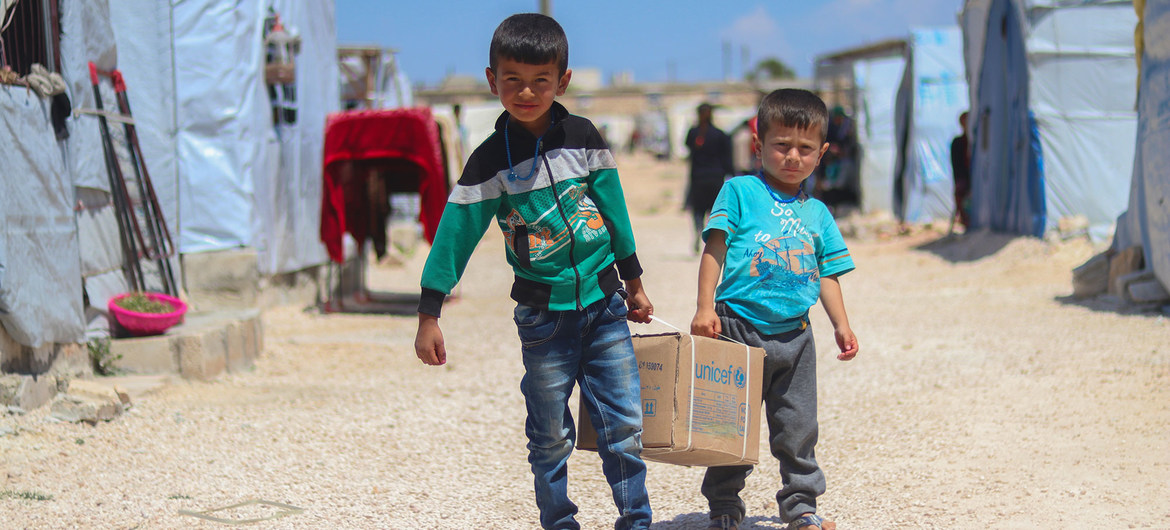
EU donor conference for Syria falls short
Donors and diplomats met for a seventh straight year in Brussels to raise money for Syria’s ongoing humanitarian crisis. They pledged a total of 5.6 billion euros ($6.1 billion) for “2023 and beyond,” including 4.6 billion euros ($1 billion) for this year. The money will be used to support people both inside Syria and in neighboring countries hosting Syrian refugees. Aid groups say the amount isn’t enough given growing needs within Syria and for Syrian refugees, many of whom face pressure to return to a country still at war. The UN has only received 11.6% of the $5.41 billion it says it needs for aid to Syrians in 2023, and that doesn’t include assistance for refugees. Low funding levels have led to cuts in aid, including food rations in a place where millions are struggling to get by. (Photo: UNICEF via UN News)



